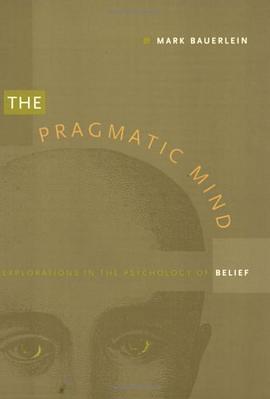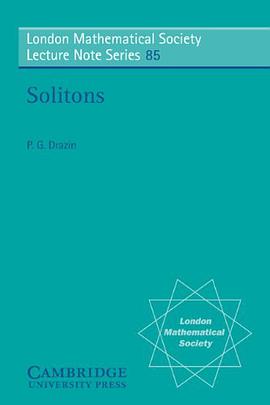

"The Pragmatic Mind" is a study of the pragmatism of Emerson, James, and Peirce and its overlooked relevance for the neopragmatism of thinkers like Richard Rorty, Stanley Cavell, Stanley Fish, and Cornel West. Arguing that the 'original' pragmatists are too often cited casually and imprecisely as mere precursors to this contemporary group of American intellectuals, Mark Bauerlein explores the explicit consequences of the earlier group's work for current debates among and around the new pragmatists. Bauerlein extracts from Emerson, James, and Peirce, an intellectual focus that can be used to advance the broad social and academic reforms that the new pragmatists hail. He claims that, in an effort to repudiate the phony universalism of much contemporary theory, the new generation of theorists has ignored the fact that its visions of pragmatic action are grounded in this 'old' school, not just in a way of doing things, but also in a way of thinking about things. Despite its inclination to regard psychological questions as irrelevant, the pragmatic method demands a pragmatic mind - that is, a concept of cognition, judgement, habit, and belief like the one found in the work of the 'old' pragmatists. In offering neopragmatism a theory of the mind taken from Emerson, James, and Peirce, "The Pragmatic Mind" suggests that the neopragmatists' arguments can be sharpened across a variety of disciplines.
具體描述
讀後感
評分
評分
評分
評分
用戶評價
相關圖書
本站所有內容均為互聯網搜索引擎提供的公開搜索信息,本站不存儲任何數據與內容,任何內容與數據均與本站無關,如有需要請聯繫相關搜索引擎包括但不限於百度,google,bing,sogou 等
© 2025 qciss.net All Rights Reserved. 小哈圖書下載中心 版权所有




















